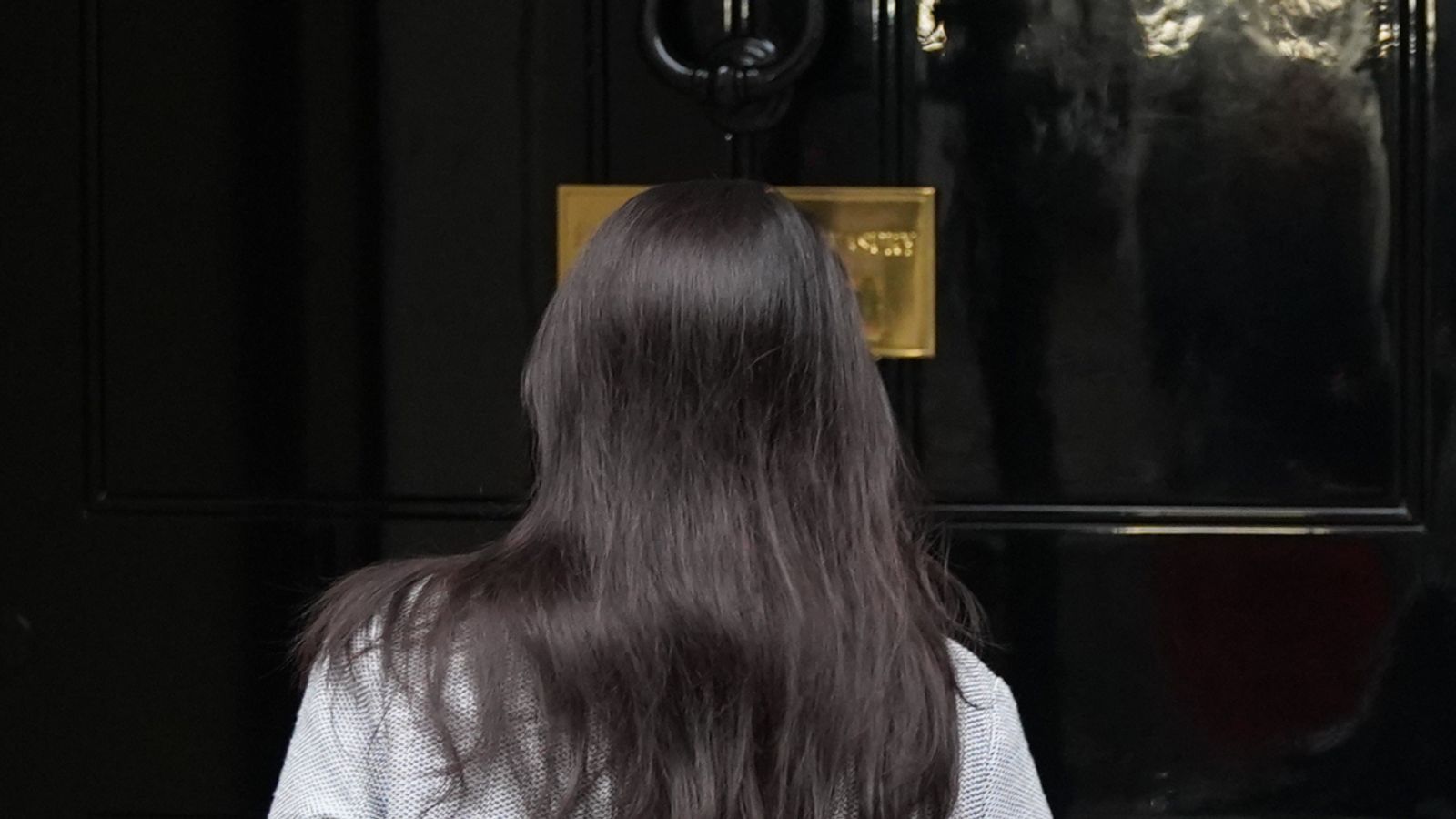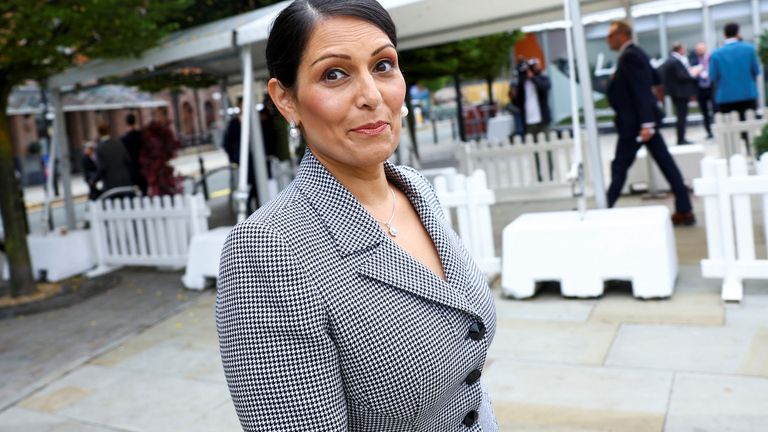For weeks – months even – we’ve been watching a beauty parade on the Conservative benches preparing for life after Rishi Sunak as various MPs hook up with various groupings of Conservative backbenchers hoping to garner support for the moment when the ball comes out of the scrum.
On the right, we have seen the ‘five families‘ of right-wing groupings, led by leadership hopefuls Suella Braverman and Robert Jenrick, trying to garner grassroots support by bouncing the PM (while Godfather fans will no doubt enjoy the reference to the five leading mafia dynasties of New York City, in the end there was little bloodletting and the PM won the day).
Then we have the Business Secretary Kemi Badenoch and Leader of the House Penny Mordaunt on manoeuvres – with briefings from ‘friends’ of the former distancing the cabinet minister from the PM’s Rwanda approach, while the latter is hitting the grassroots circuit hard while wooing those new candidates that might end up in the Conservative class of 2024.
👉 Listen above then tap here to follow Electoral Dysfunction wherever you get your podcasts 👈
On Electoral Dysfunction this week, Ruth, Jess and I also had a chat about another contender flying below the radar but definitely positioning – Priti Patel. A former darling of the right, she was overtaken amidst the demise of Boris Johnson by Ms Braverman, Ms Badenoch and Liz Truss. But now, the former home secretary and key Johnson ally is back, building her base almost entirely hidden from view.
My ears were first pricked in December when I was talking to a senior figure in the ‘One Nation’ wing of the party – that is home to Tory MPs who are more socially liberal and politically positioned on the centre right.
As this figure was bemoaning the horrors, as they saw it, of a Braverman leadership bid after the election, they told me that Priti Patel was at least someone on that wing of the party they could do business with. The former cabinet minister acknowledged that the right is likely to take the leadership crown after the election, given the leanings of the Conservative party members who get to choose, and that Patel looks for now the pick of an unpalatable bunch for Tory centrists.
And then earlier this month up Priti Patel popped at the launch of a new grouping – the Popular Conservatives – spearheaded (I know, the irony isn’t missed on me) by Liz Truss.
She is a politician building alliances over all sorts of groupings and even cross-party: when I raised Priti Patel as my dark horse in the likely up-and-coming leadership race, it certainly chimed with Ruth and Jess, with the latter telling us how surprised she’d been when former home secretary Amber Rudd, very much a One Nation Conservative, told her over a dinner how she worked well with Priti: “I remember being like, how is this?”
Jess also told me how Patel was with her after MP Sir David Amess was murdered in his constituency: “Those of us who are the highest security risk, of which I am one of ten, they really ramped up our security on these occasions, as they always do in these moments.
“And Priti Patel [who at the time was home secretary] was really good friends with David.
“I mean she was his [constituency] neighbour. And every Sunday night, for four weeks, at about 9pm at night, she would ring me and ask if I was all right. You don’t forget that sort of thing.”
It’s particularly pertinent this week as concerns over MPs’ safety come to the fore over the divisive vote around a ceasefire in Gaza. In the week parliament finally backed an immediate ceasefire in Gaza – a position which has taken Labour months to move to – this significant moment was drowned out by the spectacle of wrangling and rows over parliamentary procedure and partisan point scoring from which no-one emerged well.
The Speaker has had a particularly torrid 24 hours as dozens of MPs called for him to go after Sir Lindsay Hoyle broke decades of parliamentary precedent to allow all three main parties to put their position on a ceasefire to a vote.
The effect was to let Labour off the hook by avoiding a massive rebellion because it meant Starmer’s MPs could vote for the Labour ceasefire amendment instead of having to defy the whip and support the SNP ceasefire motion. But the Speaker was clear his motive was all about MPs’ safety.
There are those in parliament – like the PM – who believe strongly concerns over MPs’ safety shouldn’t ever influence business in the Commons, not least because it could set a dangerous precedent of MP’s being intimidated in order to change what they debate and how they vote.
But there is also a lot of chatter on some of the female MPs WhatsApp groups about their experiences and concerns over threats, with some – particularly Labour women – having to deal with physical confrontations with protests over the Israel-Hamas conflict.
One Conservative MP told me this week she was “riddled with anxiety” ahead of this week vote over what to do. “I’m angry that we’re being put in this position,” she told me.
“We get cast as either child murderers or antisemitic and I’m neither. I believe a nation has a right to defend itself against terrorists but I’m also a pacifist.
“There is no nuance in [this] vote, which is totally irrelevant anyway, just a binary perception of whether you’re for or against a ceasefire.”
Read more:
PM speaks out on Commons chaos
Starmer denies threatening Speaker
So for all of those MPs angry at Sir Lindsay, there are others who are quietly thankful that he takes their safety so seriously and tried to cushion the fall-out of this divisive SNP opposition day.
For now, it looks like he’s staying in post. What I can also confidently say will be a mainstay of this year is MPs’ safety, as we head into what is almost certainly going to be a very nasty election campaign. Something for me, Jess, Ruth to chew over in coming episodes.


